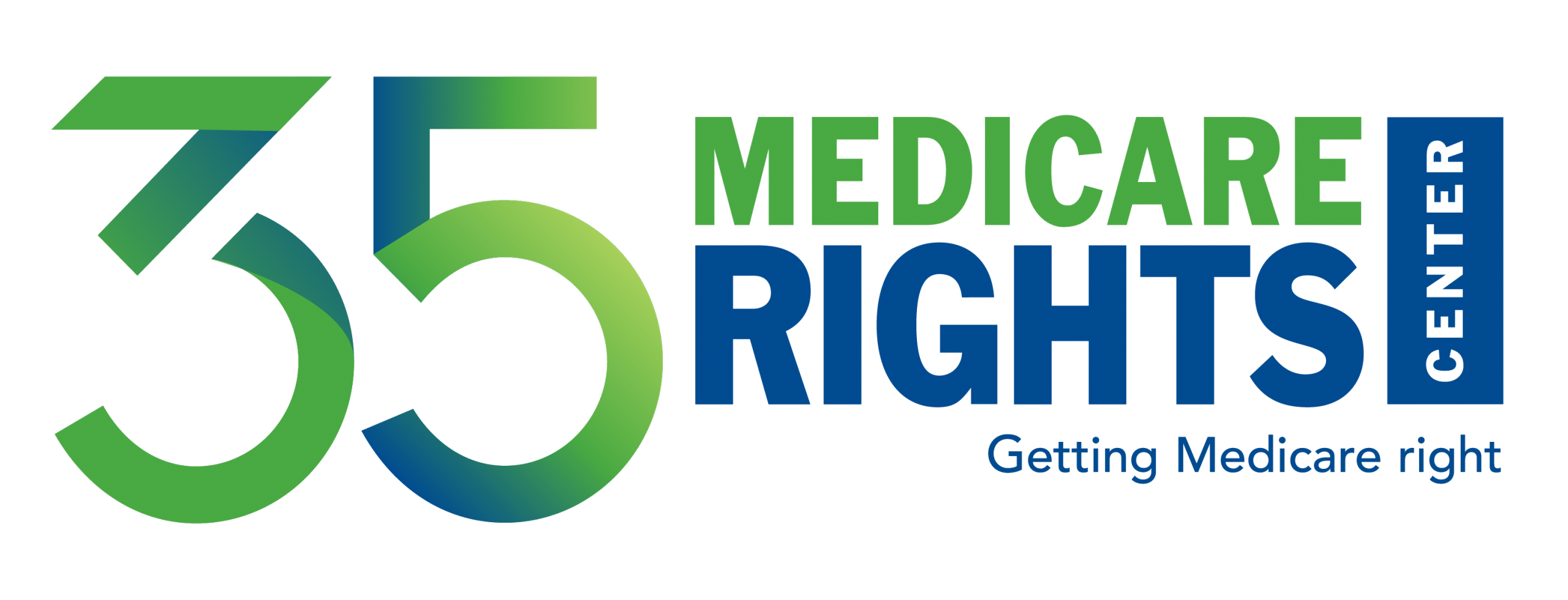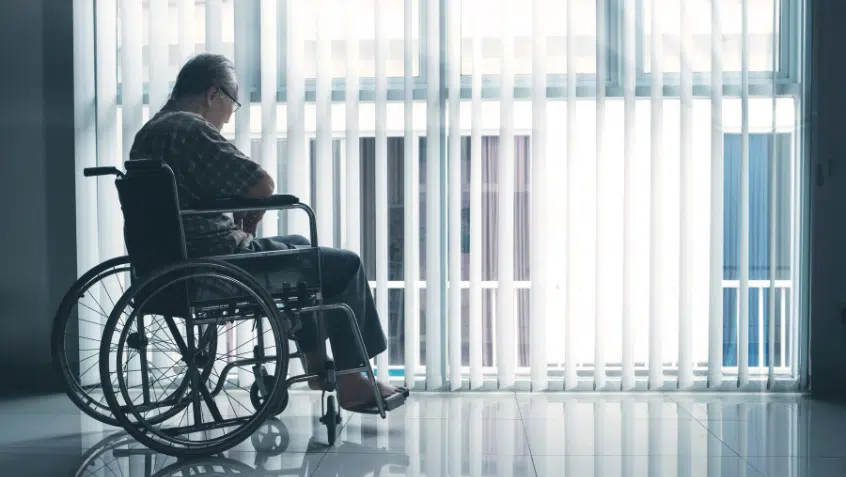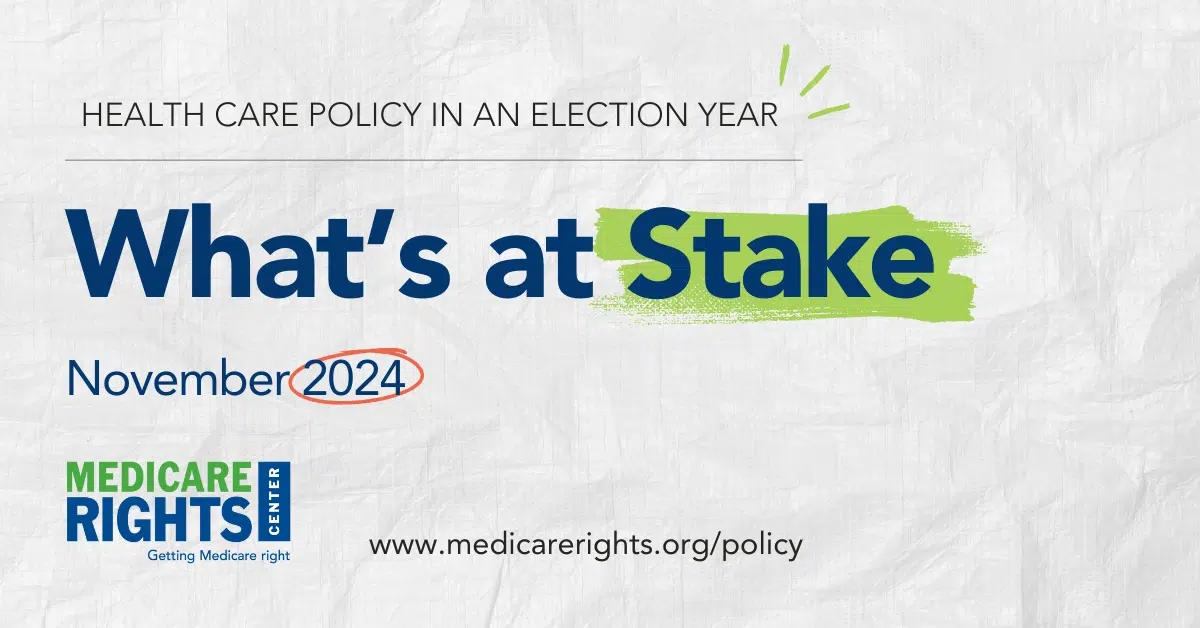The COVID-19 public health emergency (PHE) declaration in effect since early 2020 ends today, May 11. The PHE allowed the federal government to waive or modify certain Medicare rules to ease access to care during the pandemic. While some of these policies will remain in place, others expire immediately. As outlined below, these changes may impact what Medicare beneficiaries pay for certain COVID-related services.
Medicare Coverage and Costs after the PHE
At-home COVID-19 Tests—The program that allowed Medicare to pay for up to eight over-the-counter COVID-19 tests per month ends on May 11. People with Medicare will now pay out-of-pocket for these tests. Some Medicare Advantage (MA) plans may elect to cover the tests but are not required to do so; enrollees should check with their plan for details.
Clinical COVID-19 Tests—Medicare Part B will continue to cover provider-ordered, laboratory-based COVID-19 tests at no cost to the beneficiary. However, Original Medicare (OM) and MA enrollees may now face cost-sharing for testing-related services, such as the associated provider visit. Depending on their plan, MA enrollees may also pay cost-sharing for the test itself and face utilization management restrictions.
COVID-19 Vaccines—Medicare beneficiaries will continue to have access to COVID-19 vaccines, including boosters, at no cost under Part B. MA plans must cover the vaccinations in-network without cost-sharing.
COVID-19 Oral Antiviral Treatments—During the PHE, Medicare enrollees paid nothing for COVID-19 oral antiviral medications like Paxlovid. Post-PHE, treatments purchased by the federal government will remain available at no cost until the federal supply is exhausted. Part D plans will begin to cover these drugs as they shift to the commercial market. Enrollees may face varying cost-sharing amounts, depending on their plan.
Medicare Telehealth—The PHE’s expanded Medicare telehealth policies will largely remain in place. Congress extended most of them through December 2024.
90-day Fills—During the PHE, Medicare Part D plans were required to provide up to a 90-day supply of covered drugs when requested. This policy ends with the PHE.
Three-day Inpatient Stays—Though waived during the PHE, most OM enrollees will again require a 3-day inpatient hospital stay before Medicare will pay for needed skilled nursing facility care.
The PHE expiration will impact policies and coverage well beyond this list, including Medicaid services and other assistance. Importantly, it is distinct from the unwinding of the Medicaid continuous eligibility requirement, also established to promote timely care during the COVID-19 pandemic. Nationally, those enrollment protections ended March 31, though state implementation timelines vary.
As these changes take effect, Medicare Rights will continue to work with policymakers and stakeholders to ensure access to affordable coverage and care.
Visit Medicare Interactive for the latest Medicare coverage details.
Read more about what will change in Medicare at the end of the PHE.
Read an FAQ from the Centers for Medicare & Medicaid Services.
The Kaiser Family Foundation has several resources explaining the end of the PHE, including a timeline, details on what it means for health coverage and access, and an analysis of the implications of these developments.











